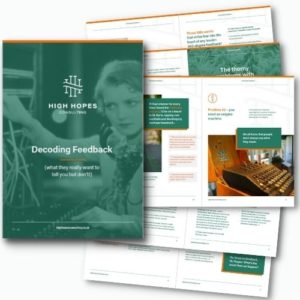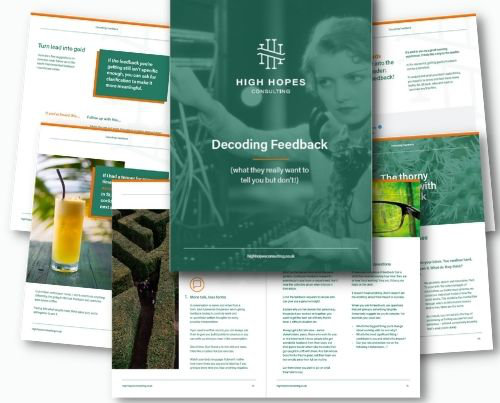Why are we still talking about methodology?
Why are we still talking about methodology?
Nicola Hopes

During a recent discussion with a colleague, he shared the gem:
“It’s obvious that in most programmes or portfolios we have to find a hybrid using elements of waterfall and agile.
Agile has to be part of it. Why are we even talking about delivery methodology with our stakeholders?
We just need to do it!”
And I absolutely agree.
Don’t get me wrong, we need to excite our stakeholders with the possibility of agile and they need a basic understanding of the principles and roles.
But the business decision-makers and the users we deliver for don’t need to go to school and become experts.
They just need to have confidence that we will use the right techniques for the right projects.
But it does involve actively embracing the principles of agile. A shift in mindset for many organisations.
So, to achieve that shift in mindset, what behaviours should be encouraged and rewarded?
Taking risks
Team members must feel that taking a risk for all the right reasons (even if it means failure) doesn’t have negative consequences.
I saw a fantastic example in 2020 where a client tried an agile approach on a project. The culture of the organisation was more traditional. One of ‘winning’ and ‘success’ and the financial rewards that go with it.
The project had teething issues and what went live needed some fixing. Some Board members were difficult, but the project lead explained the issues and what he planned to do about it. The rest of the team stepped back and let him do the talking for fear of ‘career suicide’.
Two releases later they had ironed out the problems. Users loved the product. And they had a roadmap of future developments based on user feedback.
The project lead subsequently got promoted to work on more high-profile projects.
And it created a frisson. A collective recognition that things were shifting. As well as some second thoughts from the team members who’d let him take the fall!
What would happen in your organisation in the same circumstances?
Reduction in hierarchy
Now I’m not suggesting that we scrap reporting lines completely and democratically decide everything from the business brand to bonuses…
But I would advocate pushing decision-making as low as you can in an organisation. Put decisions as close to the guys that do the real work (no offense) as possible.
It creates ownership. New thinking. And pace.
I heard a great example from an ex-colleague of mine who is a non-exec director for a hospital trust. The trust has been recognised for their response to the COVID crisis. Including safely moving non-COVID patients through the hospital onto other care facilities and risk assessments on COVID patients to anticipate critical care needs.
She explained those operational changes would previously have taken years.
She went on to explain that key experts from different front line services got in a room and were asked to solve the problem. They were told whatever they came up with would be put into practice and then reviewed. They were energised. They were brilliant. What they put in place worked.
Does the CIO need to sign off the architecture if the architecture lead is happy with it? Does the HR Director have to attend the meeting to agree the business talent strategy if the HR development lead has pulled it together?
Have you pushed decision-making as low as you can? Or are you finding yourself marking others’ homework?
What’s the one thing you will do to make you more agile?

